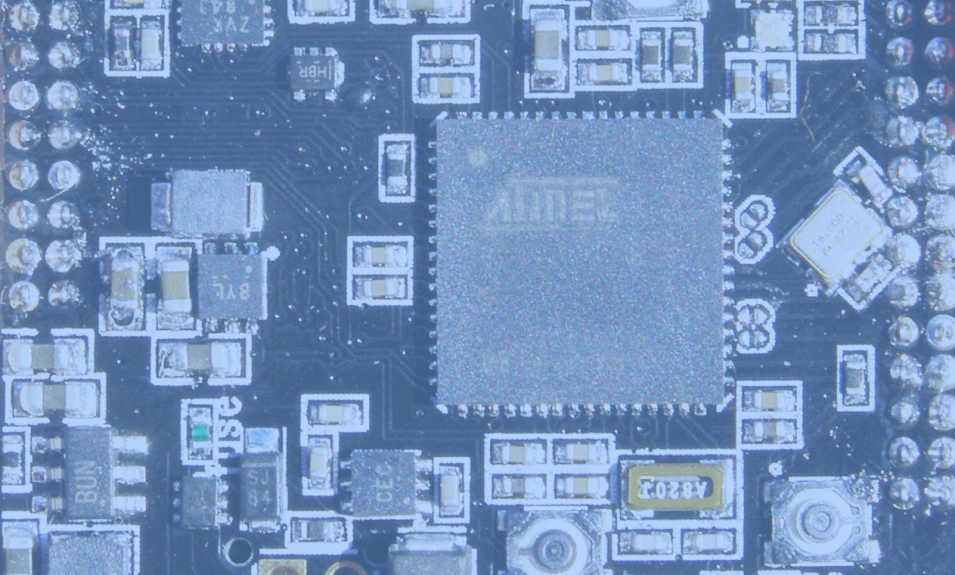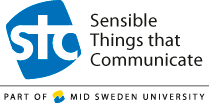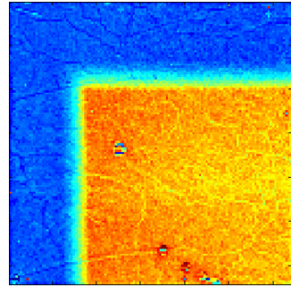Micro/Nanoelectronics Competence Hub

In this project researchers will establish a Competence Hub within the field of Micro/Nanoelectronics with the object to gather and share knowledge between academy and companies. The hub will act as a national junction and will build networks for knowledge sharing, project collaboration, and consortia.
There will be a survey of current and potential actors in Sweden to find out their knowledge and needs, as well as existing university courses in the area. Combined with this workshops and seminars will be arranged for interesting partners.
Background
The area of micro/nano-electronics (MNE) represents generic technologies that act as enablers of innovations in almost all industrial applications. The area is also considered Key Enabling Technology by EU's Horizon 2020. It includes micro/nanoelectronics based on different types of materials, mainly semiconductors, e. g. silicon, gallium arsenide, indium phosphide and silicon carbide. In general, silicon is utilized whenever possible and is the material used for CMOS. Nanoelectronics is an extension of microelectronics and refers to the use of nanotechnology in electronic components. It includes new nanomaterials and nanostructures e.g. graphene, quantum wells/wires/dots, usually integrated into semiconductor chips. CMOS and related technologies are considered as nanoelectronics when the linewidths are <100 nm. As identified by EU there are two main tracks that characterize technology development in the field: one is "More Moore" (scales according to Moore's Law) and involves digital integrated circuits (computer chips, microprocessors, memories, etc.), where highest possible miniaturization is important, for example digital data chips based on CMOS (Complementary Metal Oxide Semiconductor - the workhorse of digital silicon technology). Sweden's industrial/commercial involvement in More Moore is in CMOS design, especially mixed signal design i.e. a combination of analogue and digital circuitry in the same chip. The design of chips for lowest possible power dissipation is a focus, of importance e.g. for wireless communication between standalone devices, that are powered by batteries or by "energy harvesting". Sweden has strong research teams here. Linköping University's sub-Hub will focus on this area. A commercially important area for Sweden is "More than Moore". It does not necessarily scale with Moore's Law, and other functionalities than miniaturization are more important such as sensitivity to optical or ionizing radiation, high power, or highest possible speed. It is for example possible to integrate different materials in the same package, "heterogeneous integration", or to make use of 3D processing. Many SMEs are active here and many more can be so. Europe is considered to have a global industrial leadership in "More than Moore" technologies which are especially suitable for applications in the automotive, energy, medical, security and communication sectors.
Objectives
The aim of the Competence Hub is to operate as a network between actors in Sweden within the area of MNE: including industry, institutes, academia and authorities.
- function as a national contact point in the field
- knowledge transfer: help actors (e.g. SME's) that need certain competence
- partner search for projects and other collaborations
- to suggest and start up R&I projects, and consortia
- perform global technology surveys in order to identify technology or business areas that Sweden's industry and academia can benefit from.
- to facilitate for SMEs to utilize Myfab in order to share lab infrastructure resources in order to lower costs.
- to engage and facilitate for companies to exploit electronics design, especially CMOS, in their business.
The respective general goals of the SIP Smarter Electronic Systems:
- Create more efficient knowledge transfer and collaboration in the value chains
- Maintain and develop the Swedish cutting-edge areas
- Assure the availability of competent and skilled people in the field











